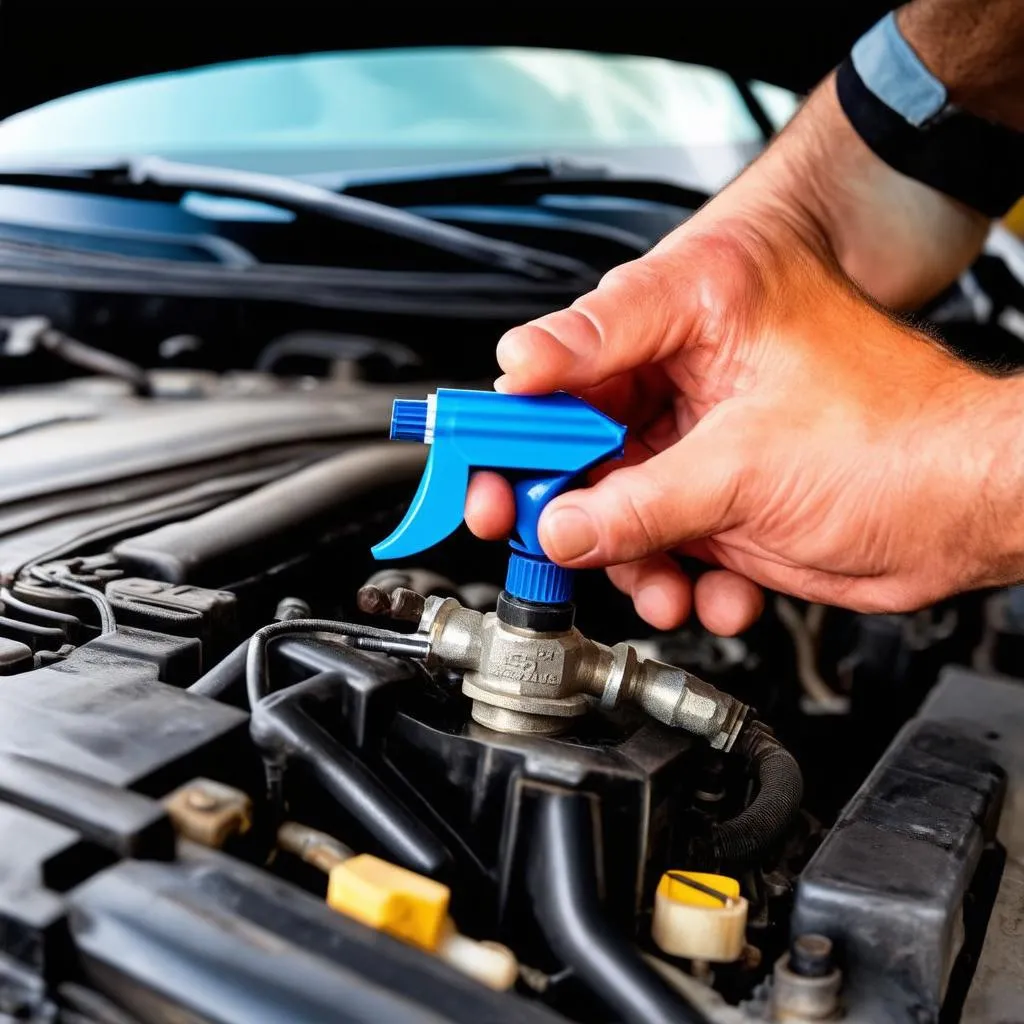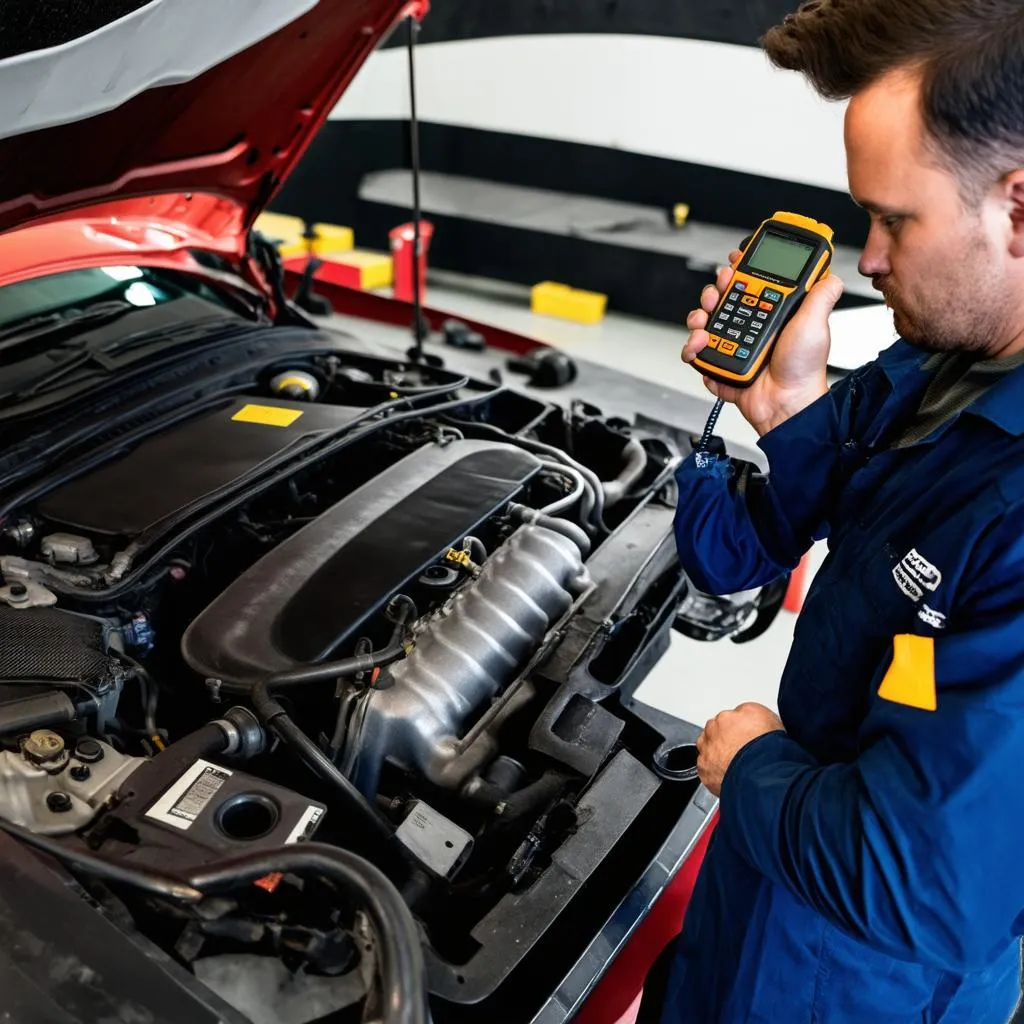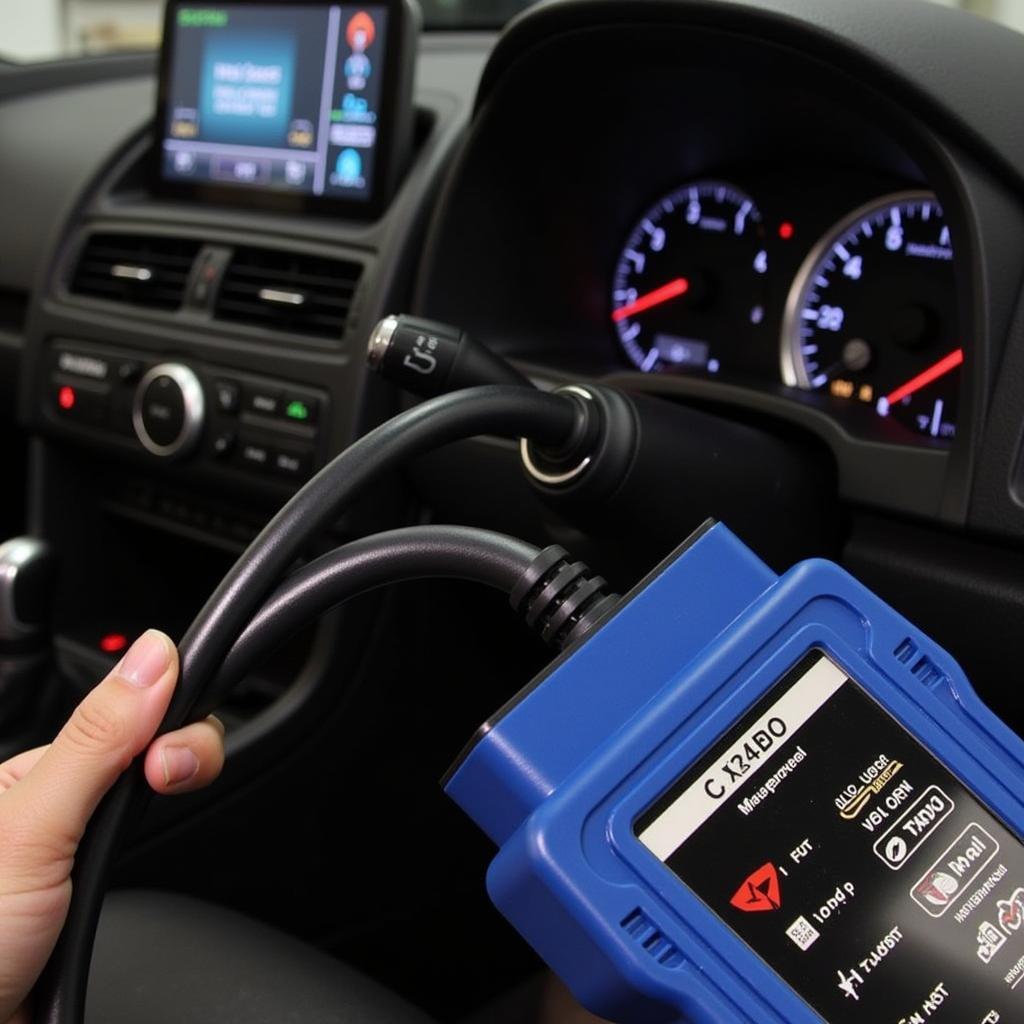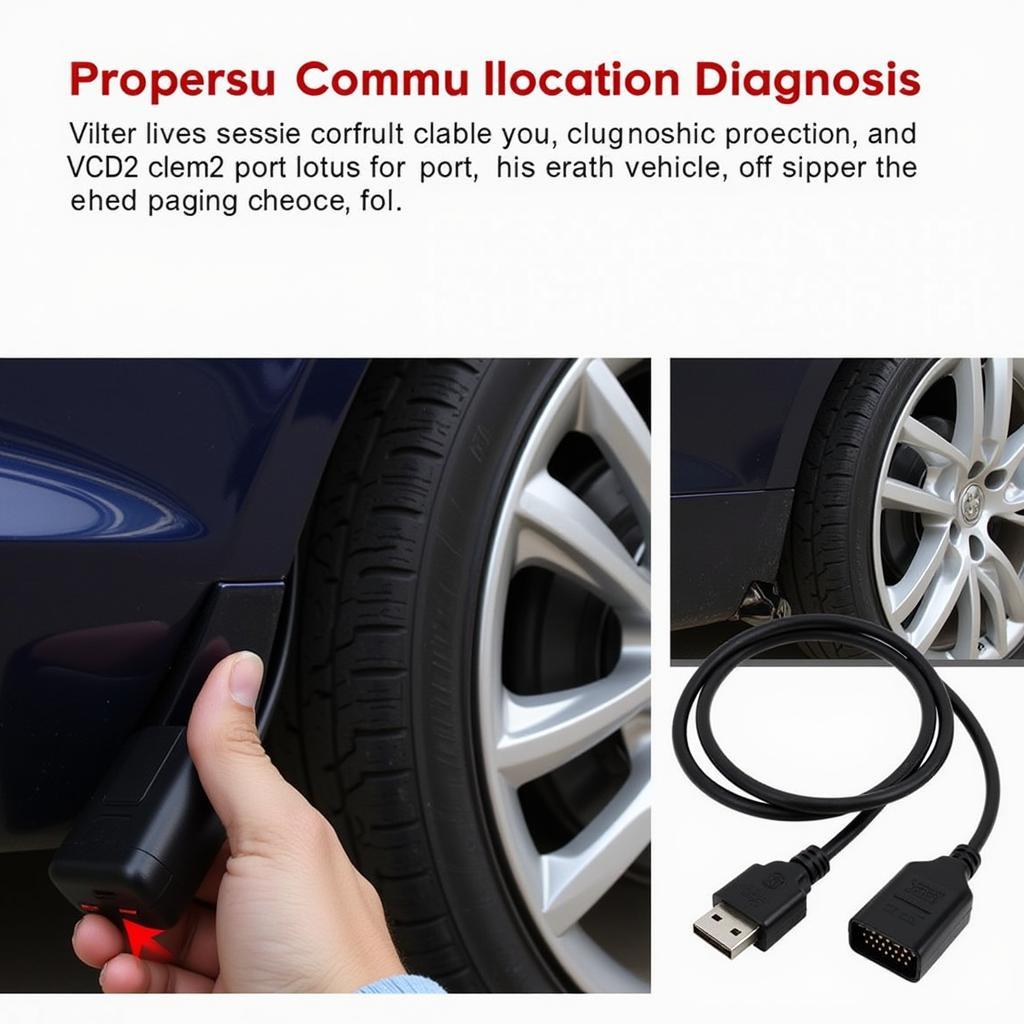As an automotive technician, you’ve likely encountered EGR systems and the issues they can cause. Many wonder, “Can I delete EGR with VCDS?” This guide dives deep into this question, exploring the capabilities of VCDS and the implications of EGR deletion.
Understanding EGR Systems and VCDS
Before we address the burning question, let’s clarify what EGR and VCDS are:
EGR (Exhaust Gas Recirculation): An emissions control system designed to reduce NOx emissions by redirecting a portion of exhaust gases back into the intake manifold.
VCDS (Vag-Com System): A powerful diagnostic and modification software for Volkswagen Audi Group (VAG) vehicles.
Can You Physically Remove the EGR with VCDS?
The short answer is no. VCDS, while powerful, cannot physically remove the EGR valve or any hardware component from your vehicle. Physical removal requires mechanical work.
Can You Disable EGR Function with VCDS?
This is where things get a bit more nuanced. VCDS allows for modifications to certain engine parameters, and in some cases, you can adjust EGR flow rates. However, completely disabling the EGR system via VCDS is generally not possible and highly discouraged.
Why? Modern engine management systems are complex. Disabling the EGR without a proper remap can trigger fault codes, limp mode, and potentially damage your engine in the long run.
Risks Associated with EGR Delete
While some might see benefits to EGR deletes, such as potentially increased performance or a cleaner intake manifold, there are significant risks involved:
- Legality: In many regions, tampering with emissions control systems is illegal and can result in fines or failed inspections.
- Engine Damage: Improper EGR delete can lead to higher combustion temperatures, potentially damaging engine components.
- Warranty Issues: Modifying your vehicle’s emissions system can void your warranty.
Addressing Common EGR Issues
Instead of seeking a complete delete, consider these approaches to EGR problems:
- Cleaning: A clogged EGR valve or passage can often be remedied with a thorough cleaning.
- Inspection: Have a qualified mechanic inspect the entire EGR system for malfunctions.
- Replacement: If necessary, replace faulty components like the EGR valve or sensor.
 EGR valve cleaning
EGR valve cleaning
FAQs About EGR and VCDS
Q: Can I use VCDS to clear EGR-related fault codes?
A: Yes, VCDS can read and clear fault codes, including those related to the EGR system. However, simply clearing the codes without addressing the root cause will likely lead to the codes reappearing.
Q: Will an EGR delete improve my fuel economy?
A: There’s no guaranteed improvement in fuel economy with an EGR delete. In some cases, it might even worsen fuel efficiency due to improper combustion.
Q: I’ve heard of EGR block plates. Are they a good alternative?
A: Similar to software deletes, physical modifications like EGR block plates carry the same risks and legal implications.
 Mechanic inspecting car engine
Mechanic inspecting car engine
Conclusion
While the idea of deleting your EGR system might seem tempting, it’s crucial to understand the complexities and risks involved. VCDS is a powerful tool for diagnostics and adjustments, but it’s not designed for complete EGR removal. If you’re experiencing EGR-related issues, consult a qualified mechanic or contact Cardiagtech for expert advice and solutions. Remember, proper maintenance and repair are key to a healthy and compliant vehicle.



